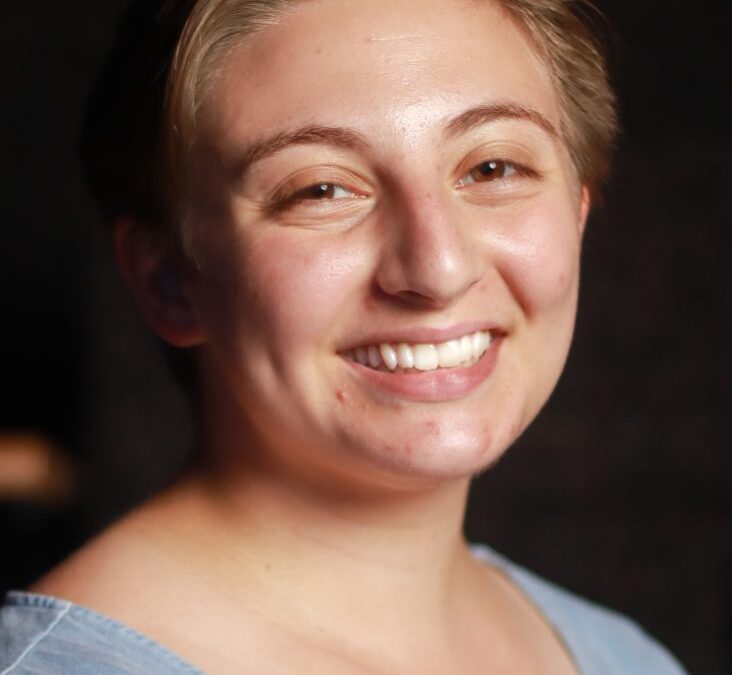Adira wins CRA Outstanding Undergraduate Researcher Award
Congratulations to Adira Blumenthal for receiving an honorable mention award from the CRA for her excellence in undergraduate research.
Adira was accepted into our program in Computer Science in Fall 2019. As an accepted undergraduate student, she wrote to us to learn more about our research in assistive technology. When deciding what university to attend, she mentioned that having the opportunity to work in assistive technology as an undergraduate researcher was her key criterion. We were thrilled when she accepted to come to our university and, more importantly, to work in our research lab.
During the Spring of 2020, when everything became virtual, Adira regularly attended our group meetings. Most days, the lab discussion was too targeted and technical for a freshman. But she took the time to listen, learn, reflect and ask questions. Through this conversation, she worked on a very exciting project building on an existing strand of research.
We have ongoing research on building an online framework that can automatically screen for Parkinson’s disease (PD) using a standard webcam. This work is being done in collaboration with our medical center, enabling us access to neurologists, people with Parkinson’s disease, and coordinators.
People with Parkinson’s disease have involuntary tremors in their bodies and voices. It could impact their level of confidence during conversations. If filters were available that could automatically remove the tremors from their body or voice in videos, would they be willing to use them? Could we identify the use cases for which the filter would be useful vs. not useful? Would this potential technology raise any ethical concerns? Adira, as part of a team, took on this problem.
To do this, Adira surveyed 177 people with Parkinson’s disease to generate new insights. She interviewed 52 people with Parkinson’s disease for qualitative insights. Additionally, she surveyed 107 people from Amazon Mechanical Turk to get a public perception of such technology. Finally, collaborating with others, she developed a high-fidelity prototype that can automatically remote tremors from videos using pose translation. This was done by replicating a paper published in CVPR 2019 called “Everyone dance now.” This was an impressive feat for the team.
Through analysis, Adira and the team presented that people with PD feel less competent and suffer from a lack of confidence due to their tremors. An overwhelming majority with PD would love a technology that could allow them to remove their tremors from videos. Similarly, if someone from the general public decides to use the filter on someone with PD so that their tremors don’t distract them, PD people would like to be asked first. The work generated many recommendations to prevent misuse and “false portrayals.” Adira and the team paid close attention to ethical concerns such as technology and took the extra effort to generate new insights. These insights would be valuable for companies invested in developing video-conferencing filtering technologies. This paper has appeared as a full paper at the Affective Computing and Intelligent Interaction (ACII) 2022 with a best paper nomination.
One of the nominators wrote, “I have had the opportunity to supervise over 60 undergraduate students in my career. Adira’s story of success is a unique one. She helped us define an important project within our blind spot and worked hard to move it forward. Despite her disability and illness, she has been very productive and left a positive mark on everyone she worked with.”

